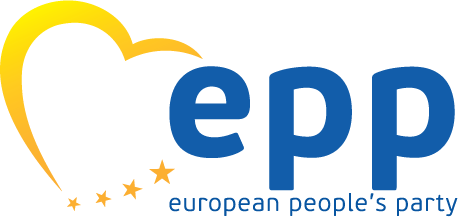Ondřej Kolář
Member of the EPP Group in the EP
Ondřej Kolář was born on 13 March 1984 in Prague. He studied media studies at the Faculty of Social Sciences of Charles University and law at the University of West Bohemia in Pilsen. He also graduated from the International Legal Studies Program at American University, Washington College of Law in Washington, D.C. and one year of German studies at Trinity College in Dublin, Ireland.

Prior to his political involvement, he worked at New York University in Prague. In 2011, he began working as secretary to TOP 09 Chairman and then Foreign Minister Karel Schwarzenberg. In 2013, he became chairman of the TOP 09 Prague 6 regional organisation. Subsequently, in October 2014, he led TOP 09 to victory in the local elections and was elected Mayor of the Prague 6 district.
In 2019, he was elected to the position of a member of the party's national board at the 6th national congress of TOP 09. Two years later, he defended this position by being re-elected to the party's presidium.
Since 2021 he has been a Member of the Parliament of the Czech Republic, where he is Vice-Chairman of the Committee on European Affairs and a member of the Constitutional Law Committee. He is also a member of the Standing Commission on Hybrid Threats, the Standing Commission for the Control of the Activities of the Security and Information Service and a member of the Standing Commission on the Constitution of the Czech Republic. Outside the Chamber of Deputies of the Parliament of the Czech Republic, he is a member of the Board of Trustees of the CTU.
In recent years, Ondřej Kolář has become well-known primarily for drawing attention to the interference of foreign powers in Czech politics. Public interest was sparked by the removal of the statue of Marshal Koněv in Prague 6, which the Prague City Council decided on under his leadership in September 2019.
At the European level, Ondřej Kolář wants to bring the topic of dealing with confiscated Russian property to the European level, among other things, through concrete legislation, so that the confiscated property of the criminal regime can be used for the defence and subsequent reconstruction of Ukraine.

